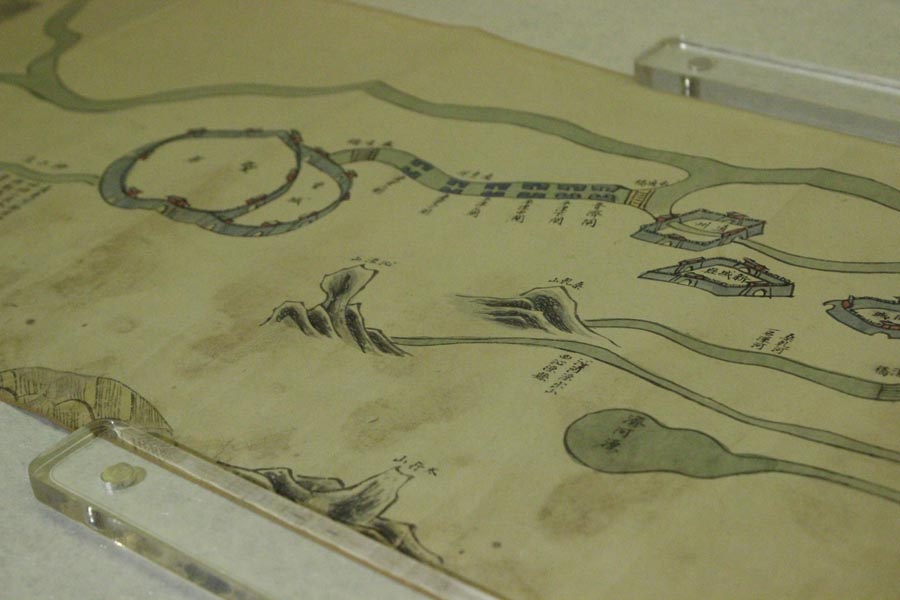Revisiting a key junction


Visiting an ongoing exhibition at the Capital Museum is like reading a book about eastern Beijing's Tongzhou. It tells of the area's early glory and how it was rejuvenated thanks to a canal. Wang Kaihao reports.
The title of an ongoing exhibition in Beijing has four Chinese characters-Ji Fu Tong Hui (a key junction on the outskirts of the capital city)-which are an apt description of Tongzhou, a district in the eastern part of the capital.
Visiting the exhibition-comprising 169 displays-at the Capital Museum in Beijing is like opening a book about Tongzhou. It tells of its early glory and how it was rejuvenated thanks to a canal.
The district has been in the news in recent years after it was designated as Beijing's "sub-center". And this has led to the large-scale construction of infrastructure there.
But as construction began, a well-preserved ancient city dating to the Western Han Dynasty (206 BC-AD 24) was unearthed. The site has been identified as the remains of Luxian county from 195 BC.
The find was among China's top 10 archaeological discoveries of 2016.
























